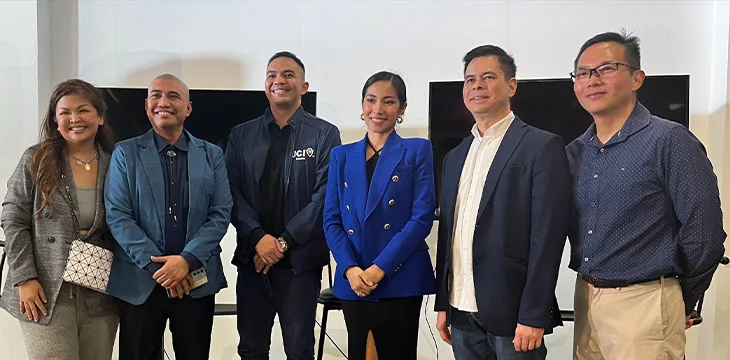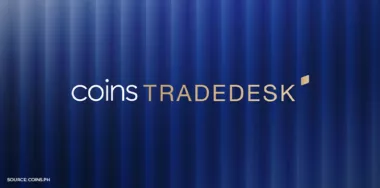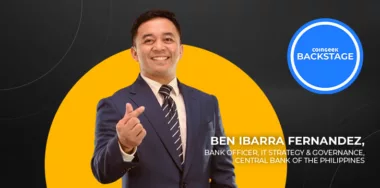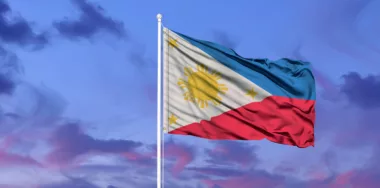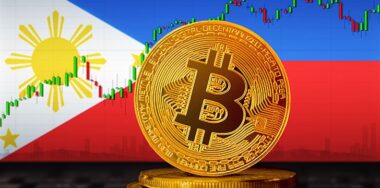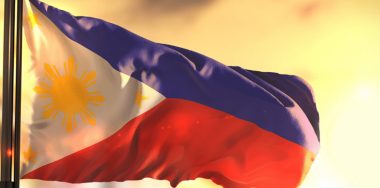Industry experts shed light on the transformative potential of blockchain technology in various sectors, particularly in enhancing digital identity solutions and revolutionizing overseas Filipino worker (OFW) remittances.
With insights from industry leaders, the discourse on “Rebuilding Trust in the New Global Digital Economy and Digital Identity” highlighted how blockchain offers secure, transparent, and efficient avenues for global trade and financial inclusion.
Digital identity solutions
Andrew Chung, Executive Director and Chief Technology Officer of TradeLink, emphasized the need to establish a universal mechanism for digital identity in cross-border transactions. He highlighted the significance of leveraging electronic passports and digital certificates to authenticate individuals globally. Chung’s remarks underscored the importance of trust and identity verification in fostering secure trade relationships.
“We need to find a solution that can be used, no matter where you are, as long as you are wanting to do business with your friends from the Philippines, people in Hong Kong, or other countries,” Chung said.
Addressing privacy and data security concerns, Chung stressed adherence to international standards and stringent security measures in digital identity solutions. He emphasized the role of technologies like Public Key Infrastructure (PKI) in safeguarding sensitive information against emerging threats such as deepfake.
OFW remittances and financial inclusion
Martin Peñaflor, Founder and CEO of acquisitions app Tangere, shed light on the insights gleaned from surveys focusing on OFW remittances.
Peñaflor highlighted the increasing reliance on digital platforms like GCash for remittance transactions, signaling a shift towards digital channels among overseas Filipinos. This transition underscores the importance of leveraging digital identities to facilitate seamless cross-border transactions and promote financial inclusion.
Building trust and compliance
Meanwhile, Atty. Reo Andarino, President of Overseas Filipino Bank, emphasized the role of digital identities in fostering trust among Filipinos abroad. By leveraging endorsements from Philippine embassies and implementing robust security protocols.
Andarino highlighted how OFBank has enabled overseas Filipinos from various countries to open accounts seamlessly. This approach not only promotes financial inclusion but also strengthens trust in digital banking services.
“We were able to reach 130 countries already. So, they (OFWs) are capable of opening accounts just by using their mobile phone through the OFBank mobile app. They can open an account from overseas,” Andarino said.
As for Dennis Gatuslao, Chief Marketing Officer of Bayad, he emphasized the role in powering businesses and enabling bill payments. Gatuslao said Bayad facilitates convenient and secure transactions for OFWs and other consumers by offering biller and payment aggregation services.
Gatuslao highlighted the importance of trust in promoting the usage of digital payment platforms, emphasizing Bayad’s commitment to stringent security measures and partnerships with remittance partners abroad.
Blockchain technology: Fostering innovation while ensuring compliance
As for Stephanie Tower, Business Development Lead – Philippines of nChain, she emphasized the need to educate stakeholders about the broader applications of blockchain beyond digital currency. By demystifying blockchain and highlighting its role as a tool for innovation, Tower advocated for striking a balance between fostering innovation and ensuring compliance.
“So whenever we talk about innovation, or let’s say we’ve heard about blockchain and any other type of new technology, we always talk about financial inclusion, right? These technologies will enable that. But for us at nChain, we believe that in order for us to achieve financial inclusion, we should always have digital identity,” Tower said.
“[We need to] strike that balance for us to educate ourselves and the people that we work with about what blockchain is. At the end of the day, technology is just a tool,” she added.
As the Philippines continues its digital transformation journey, leveraging blockchain-based digital identity solutions holds the key to unlocking new opportunities and driving sustainable growth in the digital economy.
Watch: Reimagining how remittances work with micropayments
New to blockchain? Check out CoinGeek’s Blockchain for Beginners section, the ultimate resource guide to learn more about blockchain technology.

